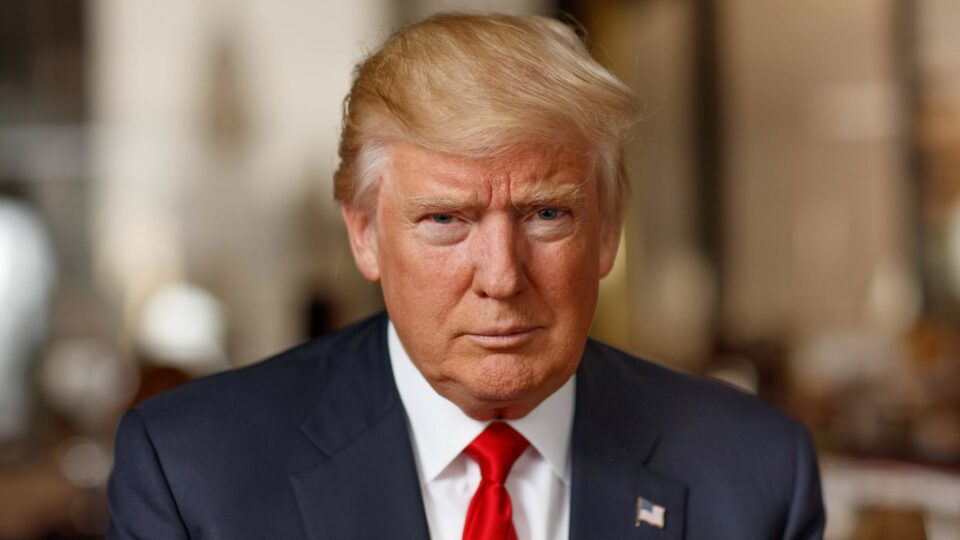Lesotho, South Africa, and Nigeria are among the countries facing significant tariff hikes as part of US President Donald Trump’s new trade strategy.
Announced on Wednesday, these tariffs are set to reshape trade dynamics, especially for African nations whose economies are closely tied to the US.
Lesotho, a small southern African country, faces a steep 50% import tax on goods sent to the US, largely due to its growing trade deficit with the US.
The country exports textiles, including jeans, and diamonds, but its exports to the US far outweigh its imports, with US purchases from Lesotho reaching $237.3 million in 2024, compared to just $2.8 million in exports to Lesotho.
The tariff is part of a broader “reciprocal tariff” plan aimed at addressing such trade imbalances.
Lesotho’s Trade Minister Mokhethi Shelile expressed concerns over the devastating impact this could have on local industries, especially garment factories, which are a cornerstone of the country’s economy.
Lesotho’s textile industry, buoyed by the African Growth and Opportunity Act (Agoa), has flourished, producing jeans for major US brands like Levi’s and Wrangler.
However, the imposition of a 50% tariff threatens the future of this key export sector, which accounts for nearly three-quarters of the country’s trade with the US.
Teboho Kobeli, a Lesotho-based textile manufacturer, described the tariffs as catastrophic, fearing that his business, which employs around 2,000 people, could face a sharp decline in demand from the US market.
He stressed the importance of finding new markets but acknowledged that the US remains vital for Lesotho’s trade.
Other African nations are not exempt from Trump’s tariffs. South Africa faces a 30% tariff on its goods, while Nigeria’s exports will be taxed at 14%. Other countries such as Madagascar, Mauritius, and Botswana are also affected, with tariff hikes ranging from 37% to 47%.
Experts have questioned the rationale behind the steep tariff increases. Trade specialist Colette van der Ven called the decision “ironic,” noting that the US is penalizing countries like Lesotho that have benefited from Agoa, a program designed to help African nations export goods to the US without tariffs.
Van der Ven argued that the move reflects Trump’s broader approach to trade, which focuses on addressing perceived trade imbalances and unfair practices.
Trump’s trade policies have sparked concerns among African nations with long-standing economic ties to the US.
Annabel Bishop, an economist at Investec, warned that the new tariffs could force African countries to seek new trading partners, potentially shifting trade flows to other regions.
As Africa grapples with the impact of these tariffs, the future of its trade relationships with the US remains uncertain.


